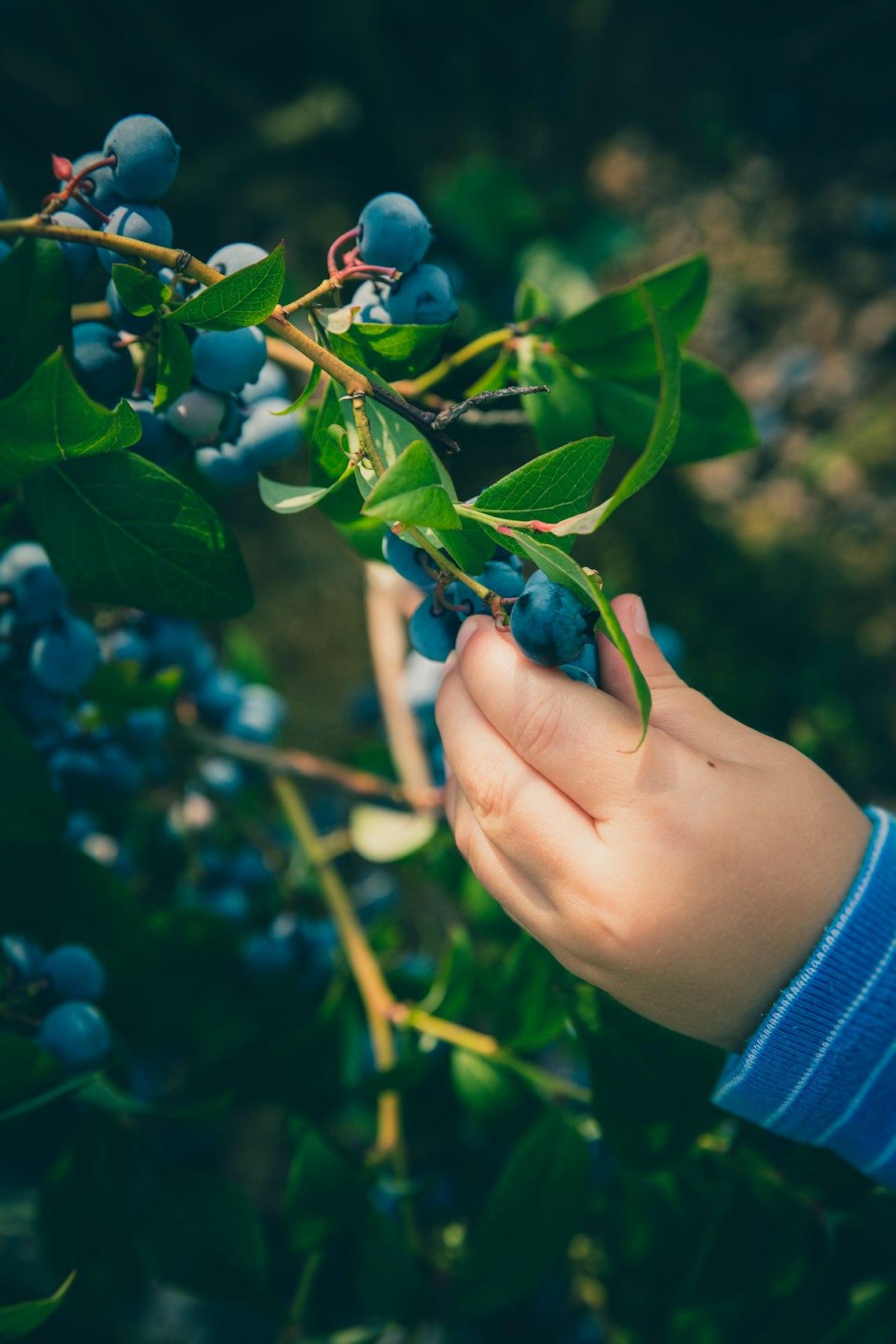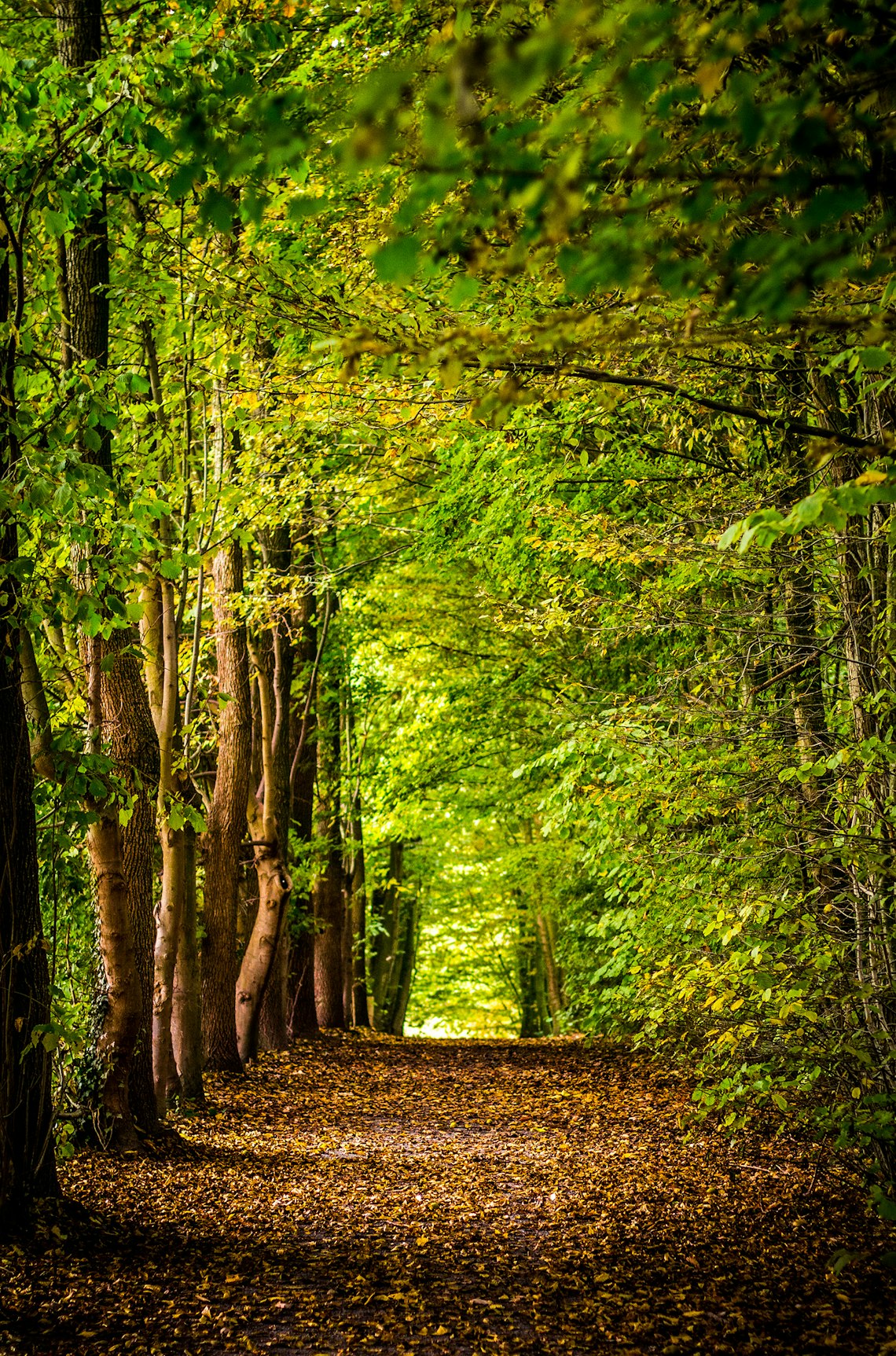Bamboo is often hailed as a miracle plant due to its numerous environmental benefits, particularly in ecosystem restoration. This fast-growing renewable resource has gained recognition for its versatility and sustainability, making it a crucial player in the effort to restore and protect natural habitats.
One of the most remarkable qualities of bamboo is its rapid growth rate. Some species of bamboo can grow up to 35 inches in just one day, making it one of the fastest-growing plants on Earth. This swift growth makes bamboo an ideal candidate for reforestation projects, as it can quickly establish itself in degraded areas and prevent soil erosion.
Furthermore, bamboo can thrive in a variety of climates and soil conditions, making it a versatile option for ecosystem restoration efforts worldwide. Its extensive root system helps to stabilize soil and prevent landslides, making it an effective tool for restoring degraded landscapes.
In addition to its environmental benefits, bamboo also offers a wide range of economic opportunities. The plant can be used to make construction materials, furniture, paper, and even clothing, providing sustainable livelihood options for communities in need of alternative income sources.
Moreover, bamboo plays a crucial role in carbon sequestration, absorbing large amounts of carbon dioxide from the atmosphere and helping to mitigate climate change. By promoting the growth of bamboo forests, we can not only restore ecosystems but also contribute to global efforts to combat greenhouse gas emissions.
In conclusion, bamboo is a versatile and sustainable resource that holds immense potential for ecosystem restoration. Its fast growth rate, adaptability, and numerous environmental benefits make it a valuable asset in the fight against habitat degradation and climate change. By harnessing the power of bamboo, we can pave the way for a more sustainable and resilient future for our planet.




